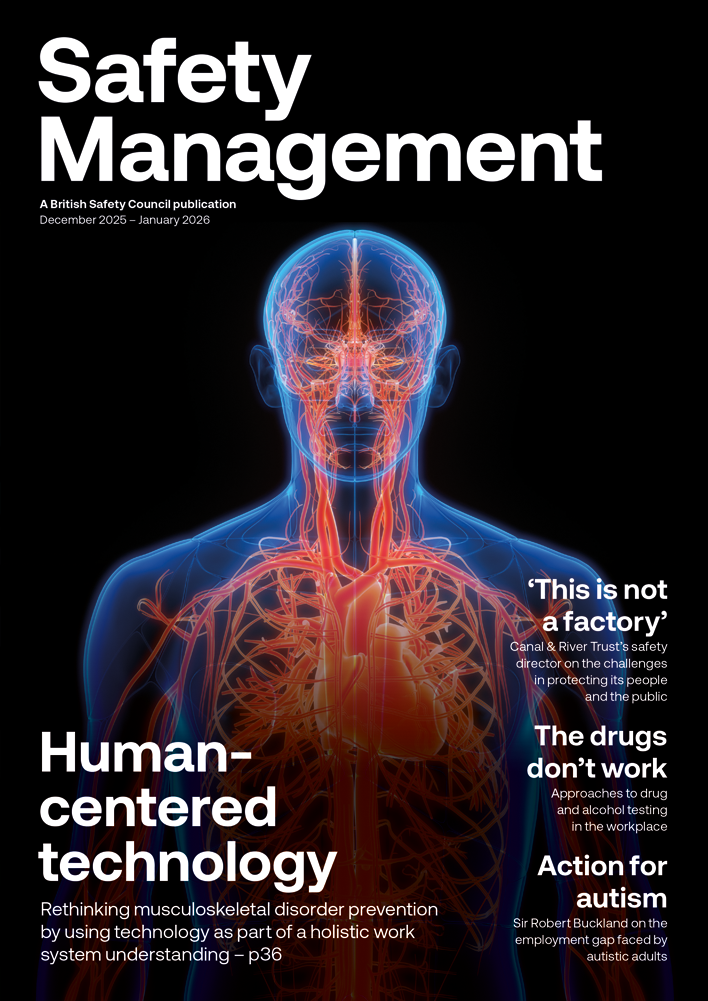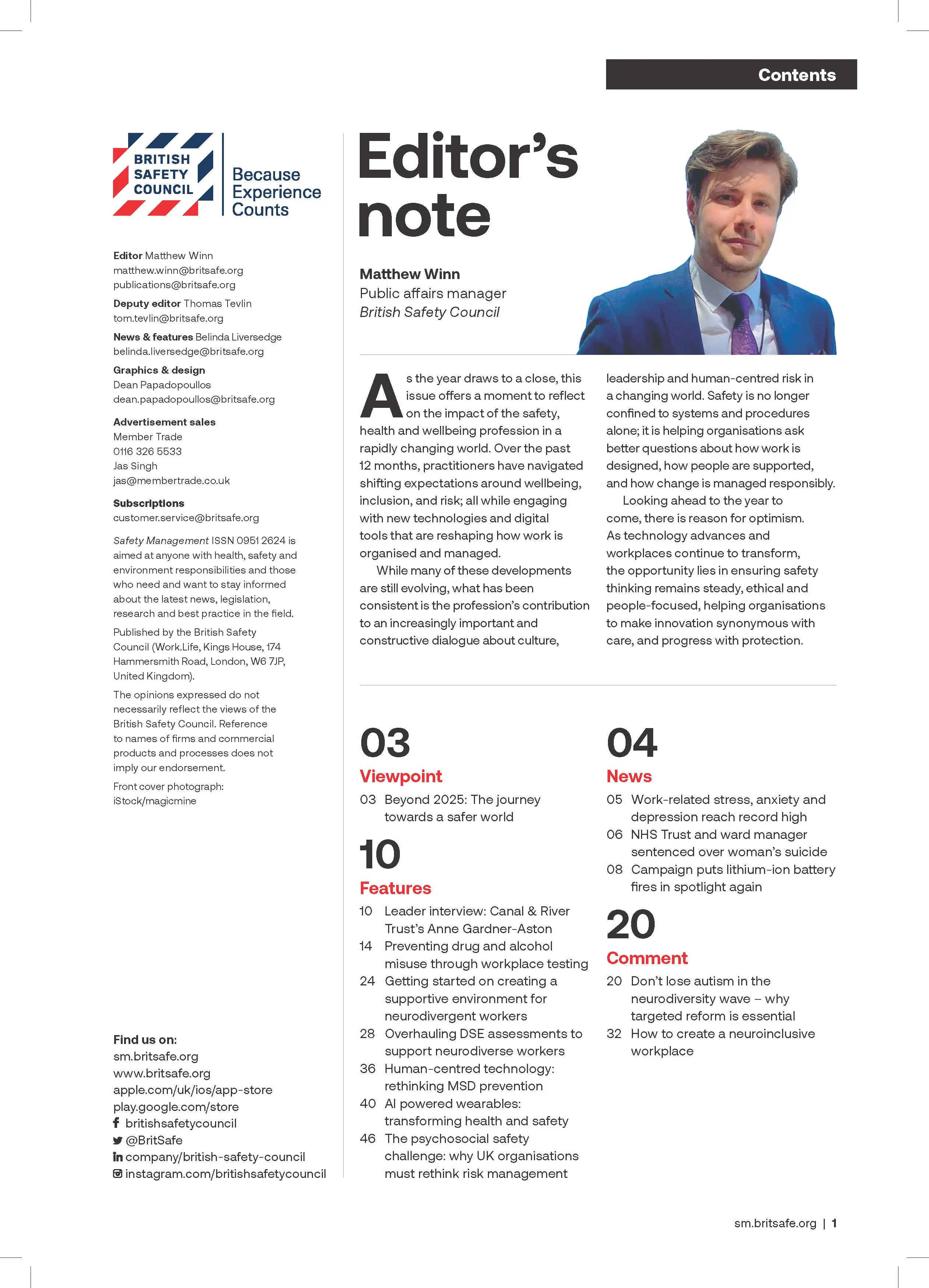How are you feeling this New Year? Tense? Worried? Tired? I ask because, according to the pollsters, many of us are suffering from ‘burnout’.
Opinion
2024: a year of choices for us all
A recent YouGov survey showed over a third of people have experienced high or extreme levels of pressure at work, with a fifth requiring time off due to poor mental health caused by stress in the past year. According to another poll, a whopping 70 per cent of UK workers want to find a new job in 2024.
What is driving this? As always, several factors, but rising global instability is certainly one of them, with 2024 very hard to predict.
This year, two billion people get to vote in what will be the biggest election year ever. We also face many new and ongoing conflicts, with full-scale war in Ukraine and the Middle East, a crisis in the Red Sea, and tensions continuing between China and Taiwan.
 Mike Robinson: "It is hard to remember a time when the immediate future seemed so unpredictable."
Mike Robinson: "It is hard to remember a time when the immediate future seemed so unpredictable."
In addition, our climate is increasingly wild and unpredictable, and inflation continues to be a major drag on economic growth.
It is hard to remember a time when the immediate future seemed so unpredictable, with so many global issues adding to a feeling of hopelessness. Wars not only pose a real threat to people’s safety where they occur, they also create a heightened sense of anxiety, helplessness, and alarm in people around the globe.
And the threat is not just theoretical. When conflicts do erupt, workers get caught in the firing line. We see this in the Red Sea where ships are being attacked and even held by Houthi rebels. Speaking to the BBC, one captain explained the attacks are causing huge stress to his and other crews.
“The safety of the crew, their life, it comes first and after that safety of the vessel and environment,” said Captain Chirag. “You cannot be at mental peace always. You will be worried.
“So even my family – they are scared all the time and they were anxiously praying [for] the vessel [to] come out of this area safely.”
When the terrible events of 7 October took place, we saw immigrant workers in Israel, from countries including Thailand, the Philippines and Cambodia, seized among the hostages. More foreign workers are now being sought by Israel to replace Palestinians, including from countries like India, which has around 13 million of its people working overseas.
The Israeli Government had already signed a deal with India to supply labour before the attacks and is now looking to plug gaps in sectors like construction with migrant workers. Which raises the question of how governments can better protect their citizens working in areas of conflict.
Working abroad, especially in conflict zones, can be a lucrative option. Speaking to Reuters, Vivek Sharma, a 28-year-old mason, said he knew the risks from the conflict in Israel but that it could take him over five years in India to earn the same amount of money that he gets in one year there.
The key, as with much to do with our mental health and wellbeing, is choice. How far does Vivek get to decide where he works, and how much is necessity?
This applies to all of us. The more autonomy we have in our work, the more control we have over our schedule, even over how much time we spend in the office and at home, the more likely it is we can prevent feelings of burnout and stress.
In the biggest election year ever, the decisions two billion people make at the ballot box could make a big difference to the world’s future. How each of us responds, the way we behave with people we work and live with, and the choices we make about our own lives and in our work, can make an even bigger impact on the world around us.
Mike Robinson FCA is chief executive of the British Safety Council
OPINION

Alcohol – the negative impact on work and workplaces
By Dr Jamie O’Halloran, IPPR on 02 January 2026
New IPPR research shows that most employees expect their employer to play an active role in reducing alcohol harm. Senior staff, in particular, believe employers have an even greater responsibility. Yet in practice, many employees say they do not see their employer taking meaningful steps to minimise harm.

Beyond 2025: The journey towards a safer world
By Mike Robinson FCA, British Safety Council on 22 December 2025
As 2025 draws to a close, we reflect on a year of success and safety. It also allows us to look forward to the coming year, recognising that with each new year comes the unbridled hope and opportunity to create the safest year in human history for the workers of the world.

How to create a neuroinclusive workplace
By John Robinson, Schofield Sweeney on 09 December 2025
The modern workplace is a diverse environment. Most workforces will be made up of individuals representing the majority of the groups protected under the Equality Act 2010.



